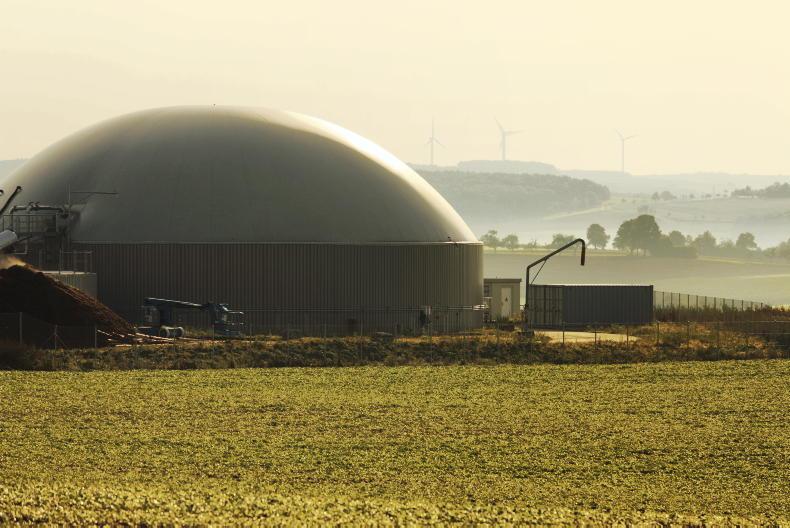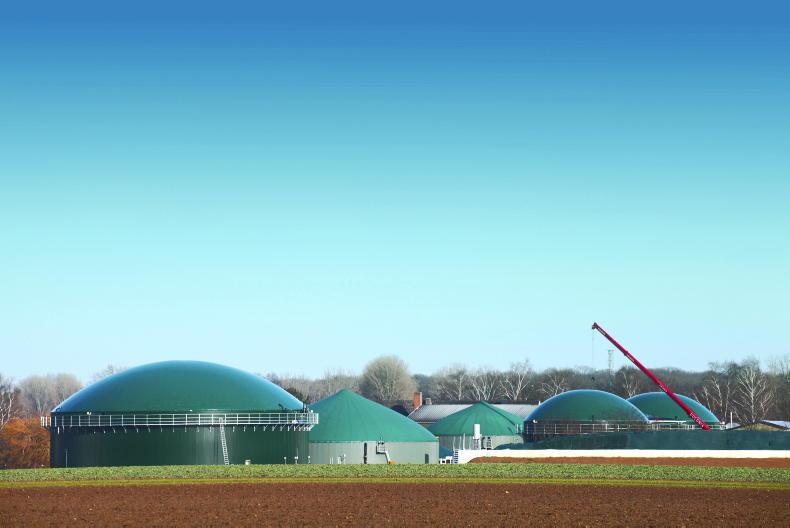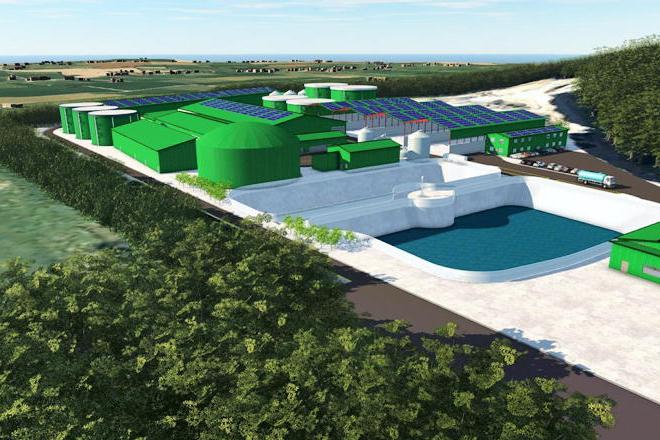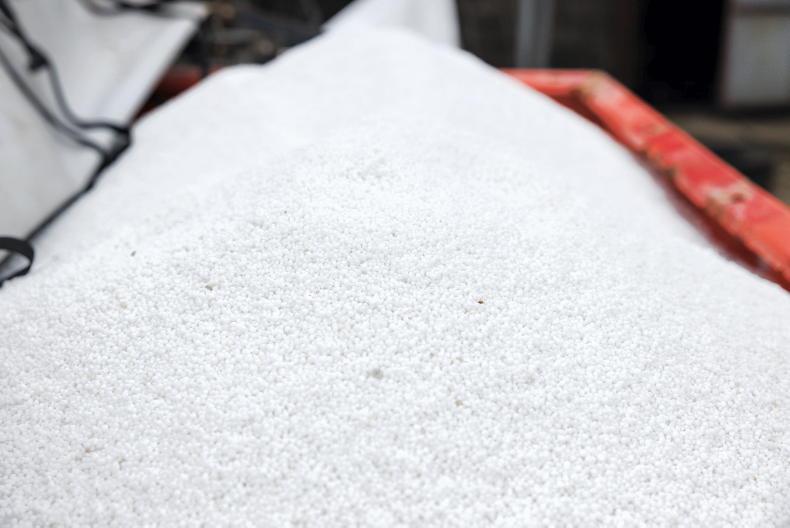Does nobody else worry about the Green Party’s influence on our national wellbeing, or even on our attitudes to normal life?
We need not deal with the abandonment of the tradition of having animals in the Christmas crib at the official residence of the Lord Mayor of Dublin - the Mansion House, while their resistance to having any gas storage facility to give us enhanced energy security is more important and has landed us in a position of real energy vulnerability.
Last week, I attended an outstanding conferance on biomethane.
Biomethane is the gas that can be widely used as a replacement for natural gas which we obtain in reasonable (though reducing) quantities from the Corrib gasfield off the coast of Mayo or we import via the UK.
Biomethane is produced from anaerobic digestion. There are only a handful of such plants in the Republic but well over one hundred in Northern Ireland and thousands in Germany and throughout the EU.
Production method
The process broadly uses bacteria to break down slurry and some other energy sources to produce the usable and valuable gas, while leaving behind a digestate that has valuable fertiliser and soil conditioning properties.
Yet despite the technology’s relevance both technically and as a national source of energy, as well as land improvement, there has been little progress in developing a national policy to promote or even facilitate its adoption at farm level.
The minister with responsibility for energy is the leader of the Green Party.
The same minister fought vigorously for as close to a 30% reduction in agricultural emissions as possible, despite our nearest comparator New Zealand, also with a Green presence in government, agreeing to a 10% reduction in bovine emissions.
The Irish Green policy ignored the critical, internationally-agreed declaration at the Paris climate summit that agricultural greenhouse gas reduction policies should not jeopardise food production, yet that is clearly what is happening.
One would hope, in an Irish context, that all active politicians would campaign for technical research into methane emissions reductions and best clean water practices.
Instead we see a policy aimed at reducing food production that, especially in the case of milk, falls short of increasing demand and results in increasing the price of what is an essential source of nutrients, especially for children across the world. The existing Green priorities seem odd to put it mildly.










SHARING OPTIONS